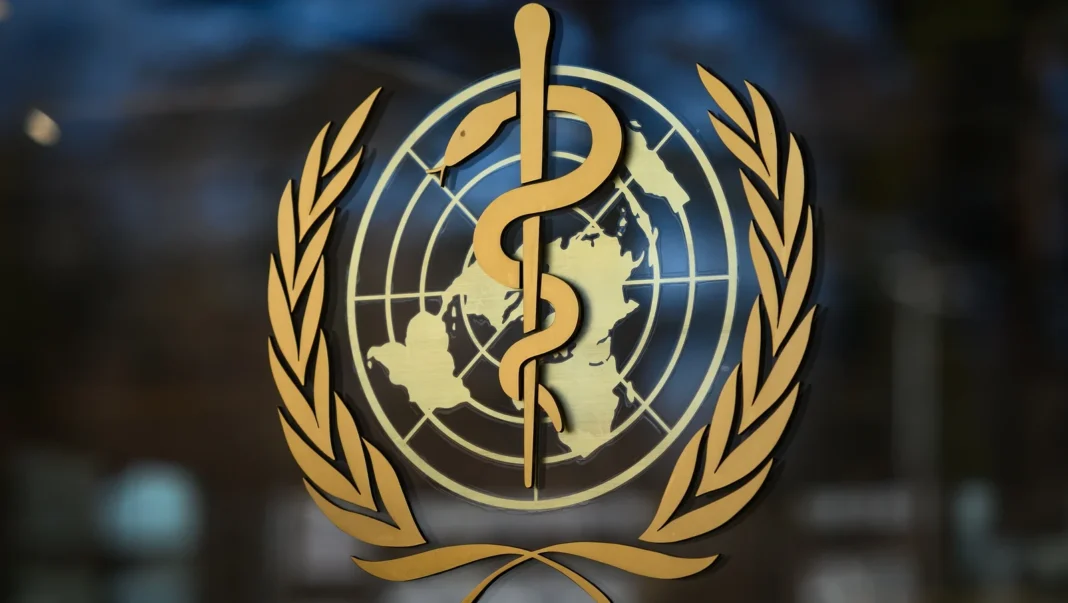Gangtok, Dec 16: In a significant move to address the state’s low fertility rate, the Government of Sikkim has entered into a technical collaboration with the World Health Organization (WHO) to enhance sexual and reproductive health (SRH) services across the state.
Sikkim, one of the least populated states in India, has around 7 lakh residents. Concerned about the declining fertility rate, the Sikkim government has launched multiple initiatives to promote population growth and improve reproductive health outcomes.
According to the National Family Health Survey (NFHS) 2019-21, Sikkim’s fertility rate is the lowest in the country. The state’s Total Fertility Rate (TFR) has dropped from 2.01 in 2009 to a mere 1.1 in 2021, significantly lower than the national TFR, which declined from 2.6 to 2.0 during the same period.
To address this critical issue, the Government of Sikkim announced a strategic collaboration with WHO. A statement issued by the state’s Planning and Development Department highlighted the objectives of the initiative: “Sikkim INSPIRES, Planning and Development Department of Government of Sikkim, is pleased to announce a significant technical collaboration with WHO aimed at enhancing sexual and reproductive health (SRH) services across the state with a special focus on improving the low TFR of Sikkim which currently stands at 1.1.”
Sikkim Integrated Service Provision and Innovation for Reviving Economies (INSPIRES) is a flagship program of the Sikkim government aimed at fostering economic opportunities for women and youth. Supported by the World Bank, the initiative is designed to address key social and economic challenges affecting the state’s development.
The INSPIRES program, which will be implemented over five years, has a budget of approximately Rs 1,900 crore. The World Bank is providing financial assistance of around Rs 830 crore in the form of a loan. The program seeks to promote gender equality, boost women’s employment, and create economic opportunities for youth, while also addressing demographic challenges such as the state’s declining fertility rate.
A total of nine government departments are actively engaged in the implementation of the INSPIRES program. The Planning and Development Department serves as the nodal agency, overseeing the coordination and integration of efforts across sectors to achieve the program’s ambitious objectives.
WATCH:
Find latest news from every corner of Northeast India at hubnetwork.in, your online source for breaking news, video coverage.
Also, Follow us on-
Twitter-twitter.com/nemediahub
Youtube channel- www.youtube.com/@NortheastMediaHub2020
Instagram- www.instagram.com/ne_media_hub
Download our app from playstore – Northeast Media Hub



